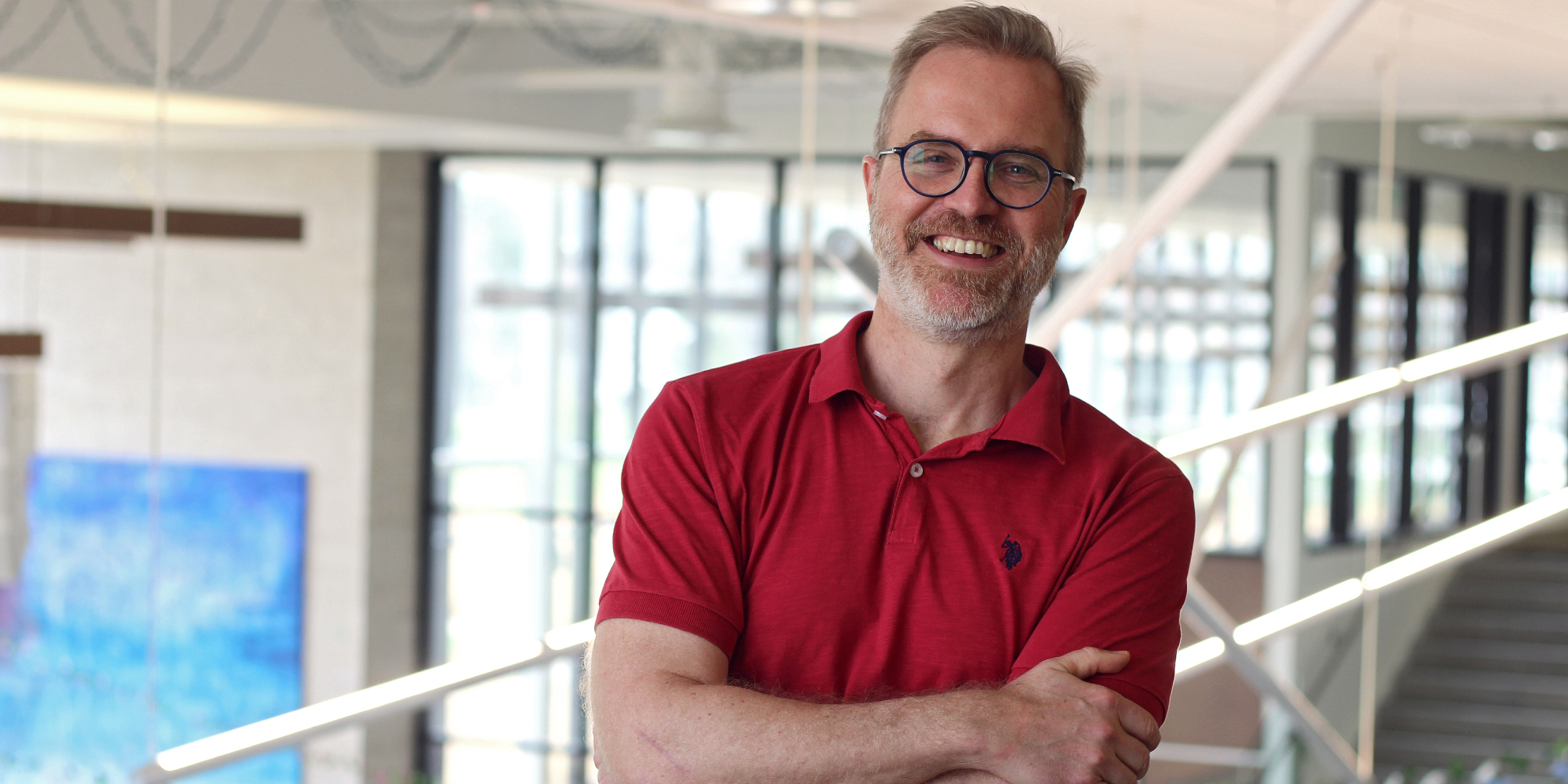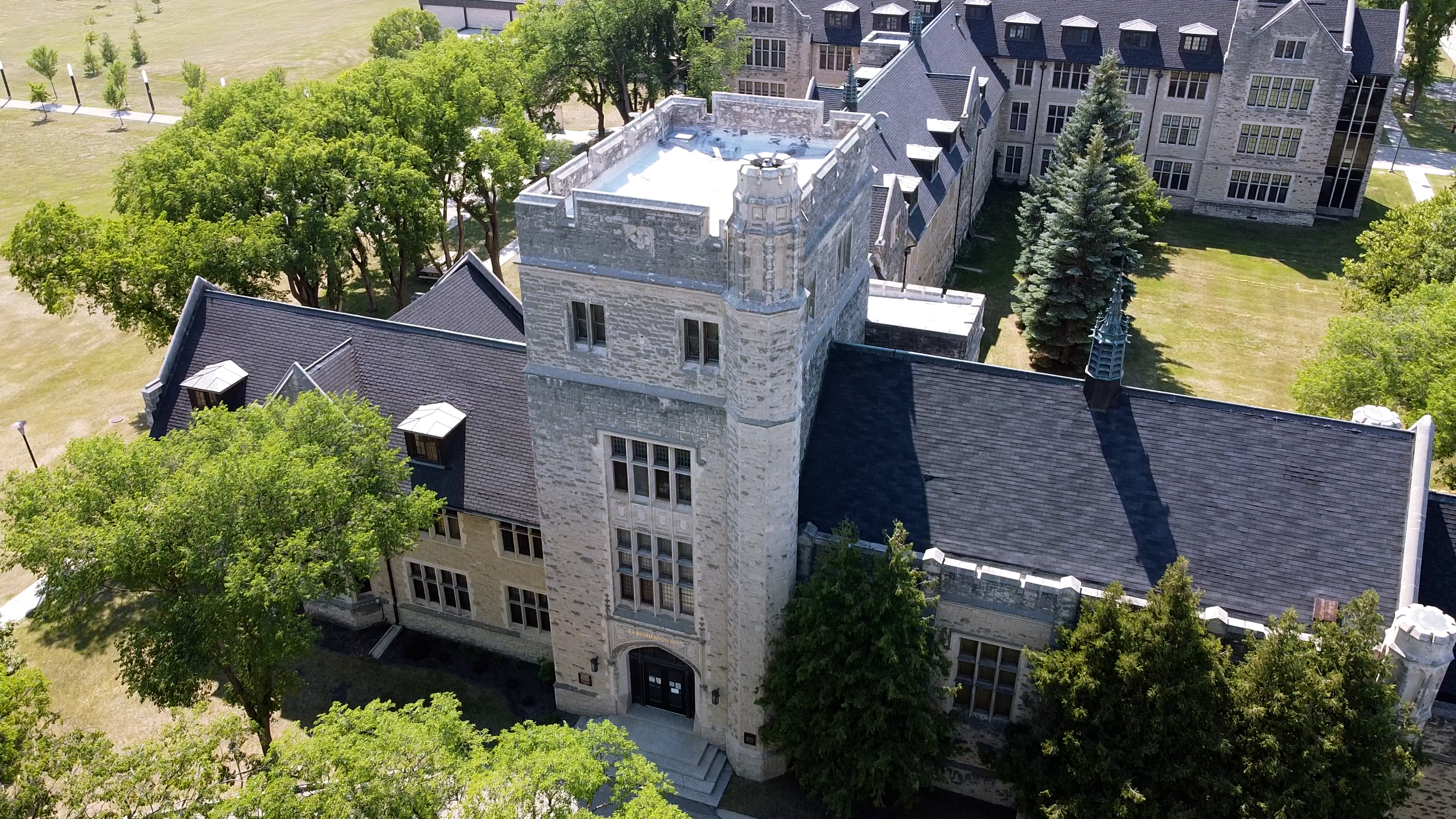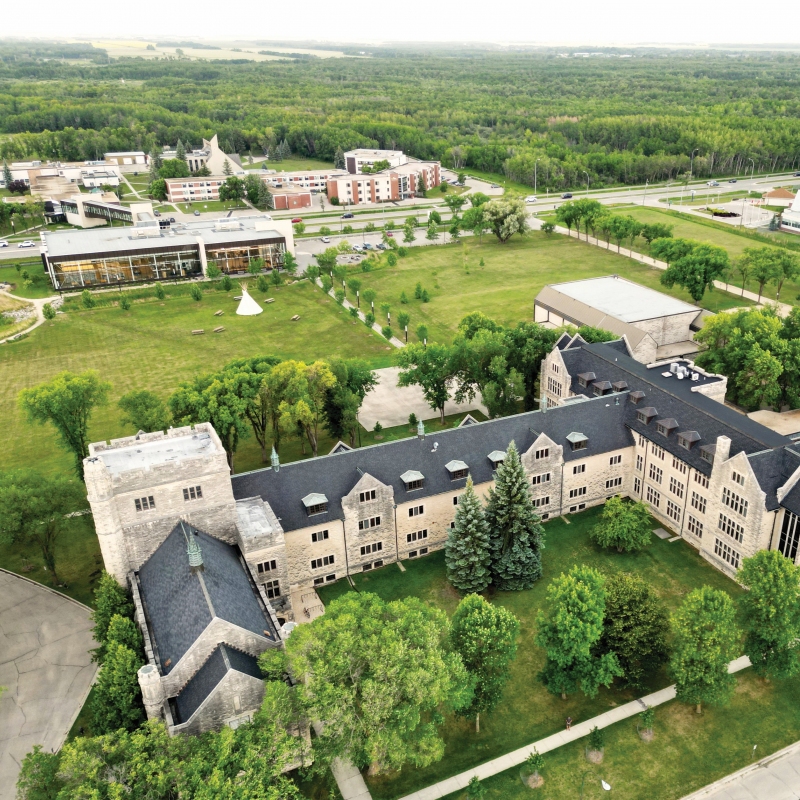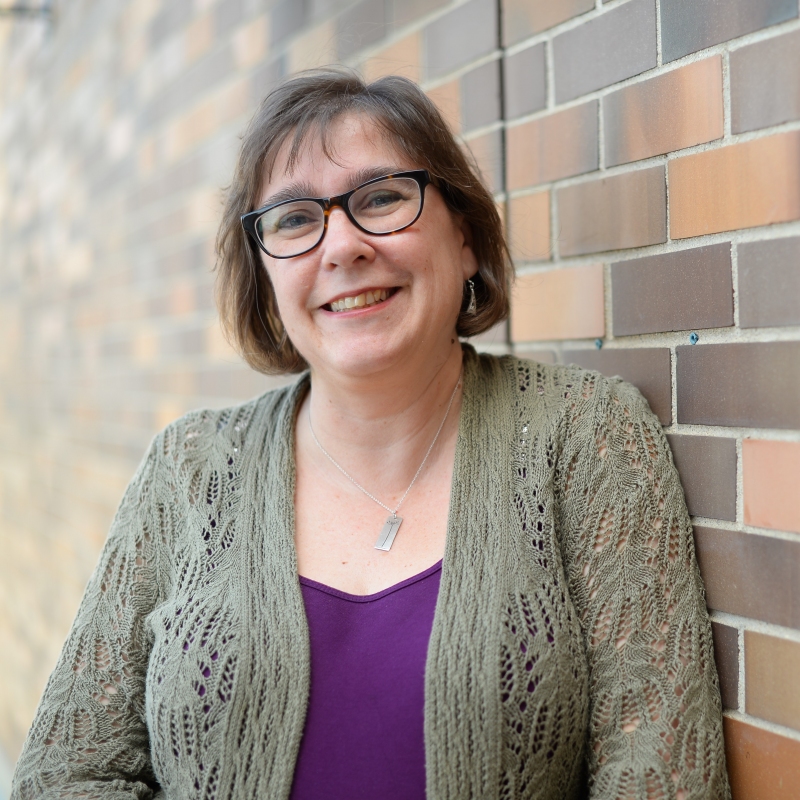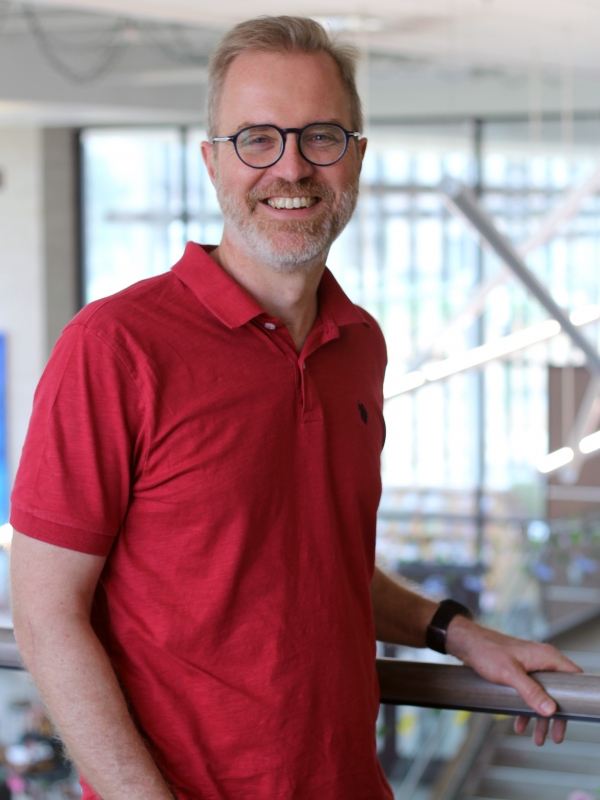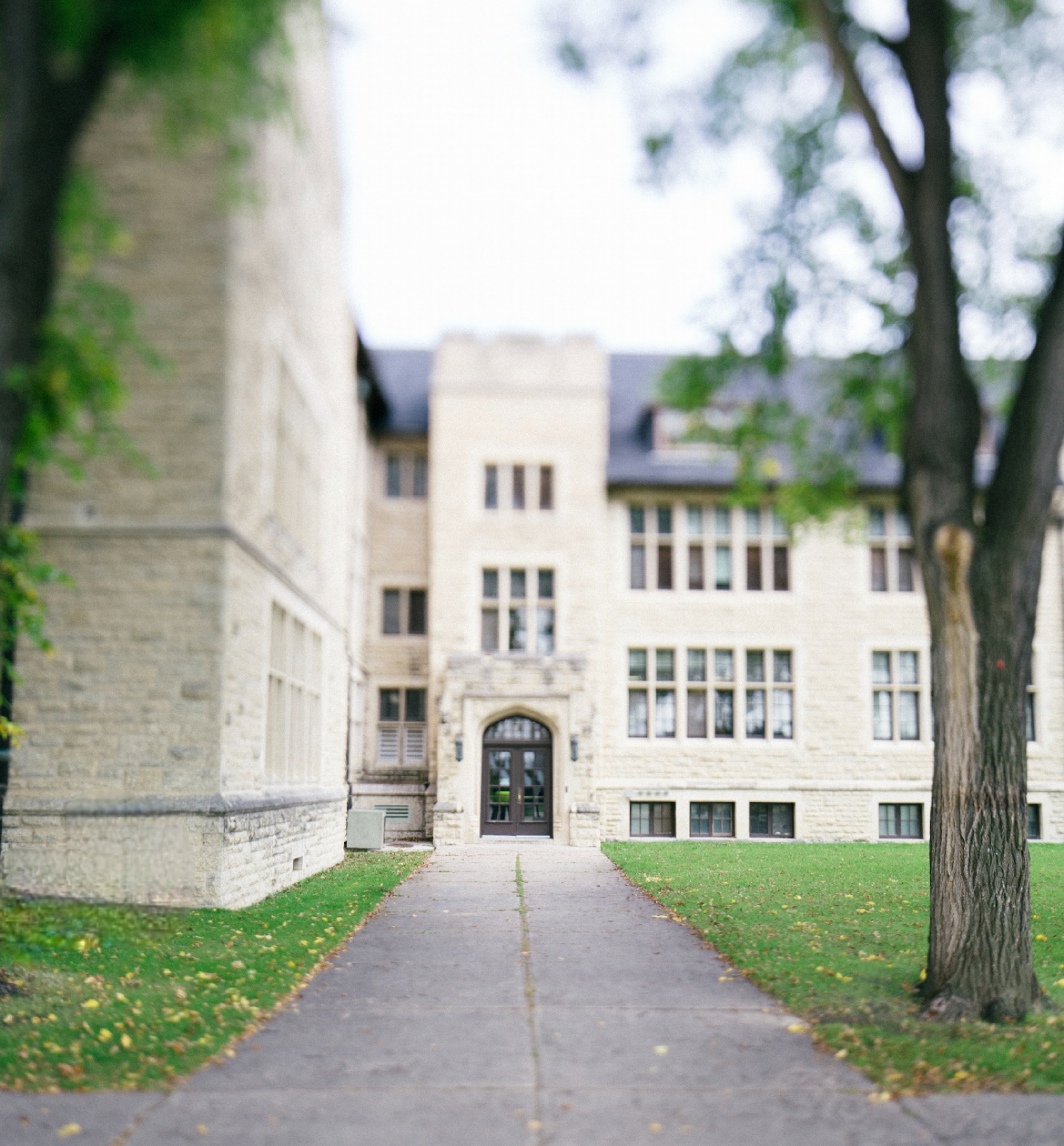Social Work Learning Outcomes
1. Identification as a professional social worker and the reflexive use of self

Students will:
- Demonstrate the capacity to present themselves respectfully and responsibly in the field of practice.
- Be able to demonstrate a reflexivity that informs their sense of self (including their vocation as a social worker) and how they apply their own skills in social work practice.
- Develop an appreciation and commitment to lifelong learning that demonstrates a humble perspective to their own professional education and practice.
- Develop and exhibit essential characteristics for practice including empathy, compassion, honesty, transparency, and integrity.
- Be prepared for leadership/ally roles that promote solidarity with and support self-determination of oppressed groups for organizational change and beyond
Meets the Following CASWE Learning Objectives: 1
2. Knowledge and use of ethical frameworks, including the Social Work Code of Ethics and social work values in professional practice

Students will:
- Demonstrate understanding of the purpose of professional ethics and how social work values influence these.
- Be able to articulate how their own religious/spiritual/secular belief systems, morals, values and principles affect how they understand the ethical implications of social work practice. .
- Be able to demonstrate application of such tools as the CASW Code of Ethics and the MCSW (Manitoba College of Social Workers) Standards of Practice to articulate ethical practice in social work.
- Critically reflect on the advantages as well as critiques of professional ethical frameworks, especially as they impact vulnerable populations including but not limited to Indigenous peoples, women, children, differently abled and 2SLGBTQIA+ people.
Meets the Following CASWE Learning Objectives: 10
3. Professional practice skills with individuals, families, groups, communities, and organizations

Students will:
- Gain a variety of skills to practice at the Micro, Mezzo and Macro levels of practice.
- Be able to practice in a variety of fields including but not limited to services for individual, families, groups, communities, and organizations.
- Demonstrate that they can function within organizational structures and social service delivery systems that demonstrate understanding and application of organizational dynamics and change processes.
- Demonstrate competency in applying a broad range of knowledge and skills, including those that are anti-colonial and decolonial in nature to a range of people served in a variety of different social work settings.
- Utilize supervision, consultation, and other forms of feedback to continue to review and improve their own competencies in practice and in their own education.
- Be able to work within environments that encompass other professions and disciplines that build collaborative practices and partnerships
- Understand and appreciate the potential role of spirituality and religion for providing strengths, resilience and hope for social work practice.
Meets the Following CASWE Learning Objectives: 2
4. Critical inquiry into the structural nature of oppression and injustice while working to advance human rights and the promotion of social justice for all

Students will:
- Learn about how their own social location promotes privilege to understand how structural factors affect others who do not have such advantages.
- Be able to describe the historical context of racism and social work's own role in the development and maintenance of structures that reinforce harms to racialized groups.
- Understand their own responsibilities as social workers to bring about the advancement of human rights and social justice from anti-racist and anti-colonial perspectives, including those rooted in various spiritual and religious ethical frameworks from the local to the global.
- Learn how different forms of racism and discrimination manifest from systemic to interpersonal levels and their responsibility in challenging and confronting these.
- Will engage in the critical reflexivity needed to consider their own power and positionality as it pertains to racism including against Indigenous, Francophone, Newcomer, Black, Asian, and others.
Meets the Following CASWE Learning Objectives: 4, 5, 6, 7, 8
5. Human behaviour and the environment

Students will:
- Be able to critically reflect on how social work has contributed to diminishing the importance of the natural world via an embrace of the social environment in its development of theories of human behaviour.
- Be able to appreciatively and critically reflect on human relationships with the natural world that include Christian and other religious teachings, particularly themes of stewardship, care, and dominion.
- Be able describe the current concerns of human and non-human flourishing due to global warming and develop ways to critically examine how environmental injustice and racism differentially affects vulnerable and at-risk populations.
- Learn about communities and associated economic systems that are ecologically sustainable and aid in the thriving of eco-systems.
- Learn how to advocate for environmentally sustainable futures via engaging the public systems of social policy and community practices as well as within individual, professional, and organizational contexts.
Meets the Following CASWE Learning Objectives: 9
6. Engage in research

Students will:
- Become literate regarding the research literature that impacts social work practice.
- Engage in research with an understanding of research methods and process to evaluate findings that include a critical reflection of how research has promoted a hegemony of White supremacy and other discriminatory ideologies that have harmed vulnerable populations.
- Learn how to engage in research that aids in the advancement of social justice and the knowledge of the profession of social work.
- Learn to apply research methods in the application of policy development and/or service provision as well as the evaluation of their own professional practice.
- Demonstrate an understanding of the necessity for anti-racist approaches to research methods and the dissemination of race-based data to shape social work practice.
Meets the Following CASWE Learning Objectives: 11
7. Use of critical thinking for professional practice, advanced studies, and lifelong learning

Students will:
- Be able to use both oral and written communication skills in investigating and examining knowledge from diverse and multiple sources, theoretical positions and applying these to practice.
- Critically examine and evaluate social work practice and develop strategies to commit to ongoing learning to maintain current in their skill and knowledge of the discipline.
- Be able to challenge oppressive knowledge systems in how they promote a fixed representation of social problems and their solutions by appreciating the purpose of a commitment to lifelong learning and critical self-reflection.
Meets the Following CASWE Learning Objectives: 11, 1, 3
8. Policy analysis and development of change strategies at local, organizational, and systems levels

Students will:
- Be able to describe how social policies and legal frameworks shape and influence the health and wellbeing of the individual, family, group, and community.
- Be able to identify and analyze the intentional/unintentional as well as harmful and positive outcomes of social policies especially as they impact Indigenous Peoples and members of equity-seeking groups and the role the state has in both perpetuating and ameliorating oppression.
- Be able to identify and develop strength-based strategies for change, including community asset mapping, community organizing, and the developing or changing of social policy to address existing inequity and social problems.
- Develop skills to practice advocacy and/or engage in leadership/allyship roles to shape systems where they practice as well as in society.
Meets the Following CASWE Learning Objectives: 12, 13
9. Commitment to community, peace, and conflict resolution

Students will:
- Identify the diversity and strengths of the many ways that community is defined and practiced, including Indigenous, Francophone, Newcomer, and other spiritual/religious/cultural perspectives.
- Be able to apply principles of conflict resolution and peacemaking to foster mutual aid in communities.
- Critically evaluate both their own efforts as well as structural factors that may harm the flourishing of community to promote resilience and resurgence.
Meets the Following CASWE Learning Objectives: 4, 5, 6
10. Critical engagement with racism, colonialism, and social justice

Students will:
- Be able to identify and describe the ways in which hegemonic thinking around White supremacy has contributed to the oppression of racialized groups in Canada.
- Be able to identify both the history and present-day impact of colonialism on Indigenous peoples around the world and be committed to engage in anti-colonial practice for greater social justice for all.
- Be able to articulate the importance of ensuring that Newcomers from former French colonized countries are provided with resources and the importance of Active Offer to this end.
- Be able to critically reflect on how some Christian and other religious teachings have contribute to racism, colonialism, and social injustice.
Meets the Following CASWE Learning Objectives: 4, 5, 6
11. Commitment to reconciliation with Indigenous communities in Canada

Students will:
- Be able to demonstrate an understanding of the framing of rights and responsibilities inherent in Treaty Relationships for both Indigenous and Settler peoples.
- Be able to describe how important documents including but not limited to the UNDRIP, the Calls to Action of the Truth and Reconciliation Commission and the MMIWG Final Report related to the responsibilities of social workers to engage in professional practice that is conducted with the intention of reconciliation.
- Recognize how their own positionality and privilege can be leveraged to support and be in solidarity with Indigenous self-determination.
- Articulate how Indigenous ways of knowing inform a distinct, valid and important form of social work and alternative healing practices, culture and language.
Meets the Following CASWE Learning Objectives: 8
"CMU educates the "whole person". Whole person work—understanding the importance of not just physical and mental dimensions but the spiritual as well—is central to social work practice. CMU will graduate social workers who get this and as a result will go on to make a huge contribution in the community."



 Print This Page
Print This Page